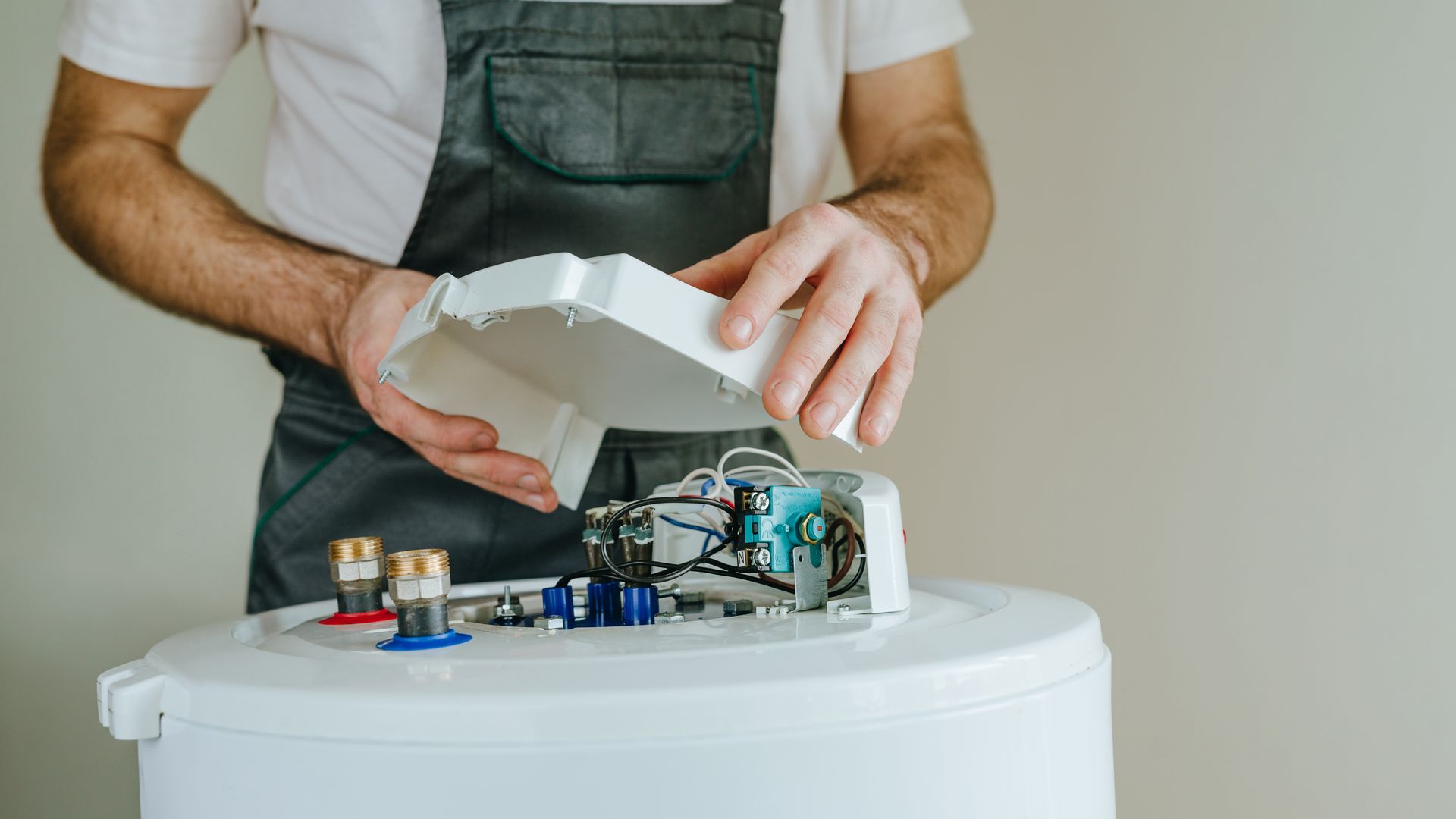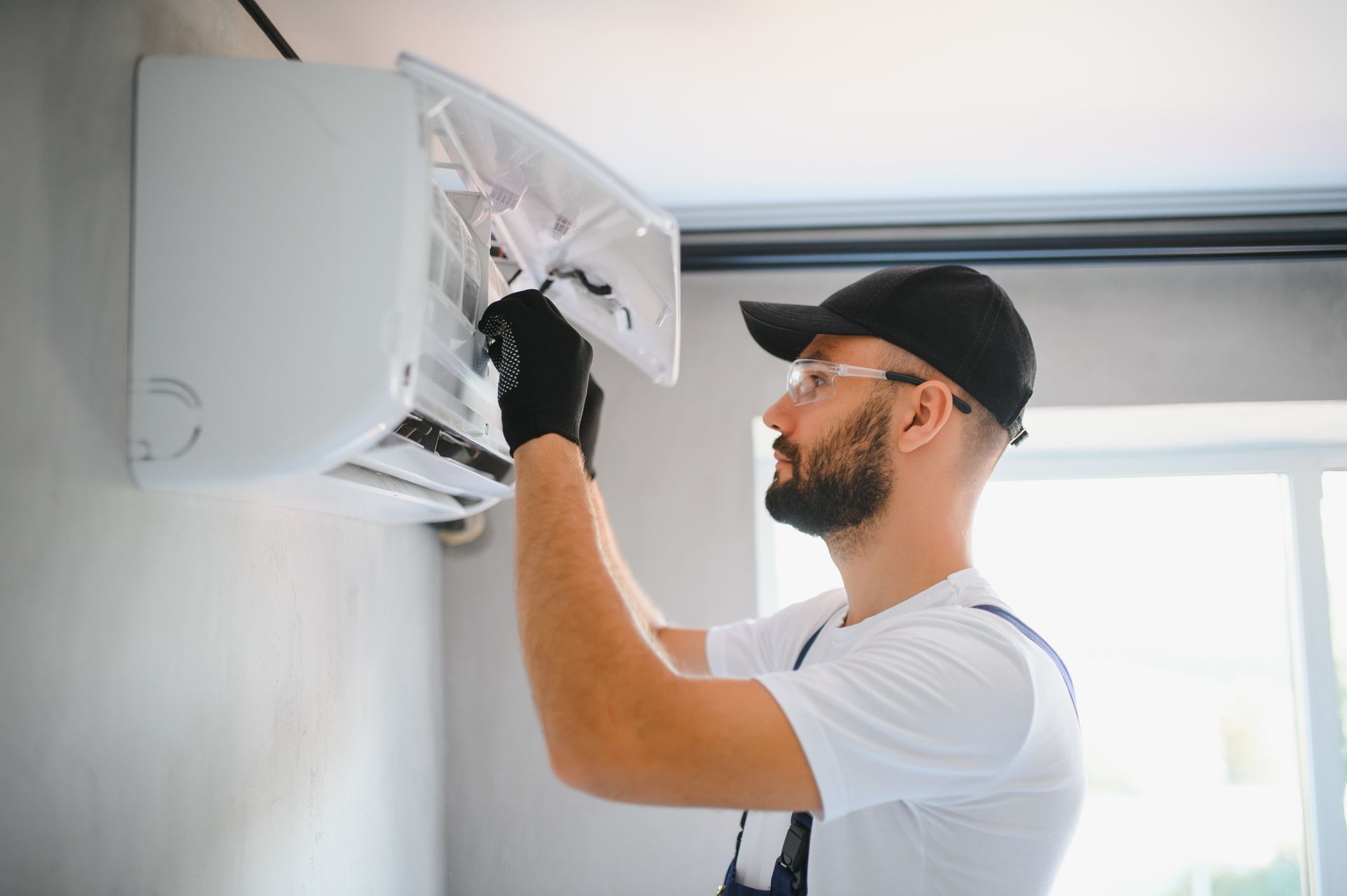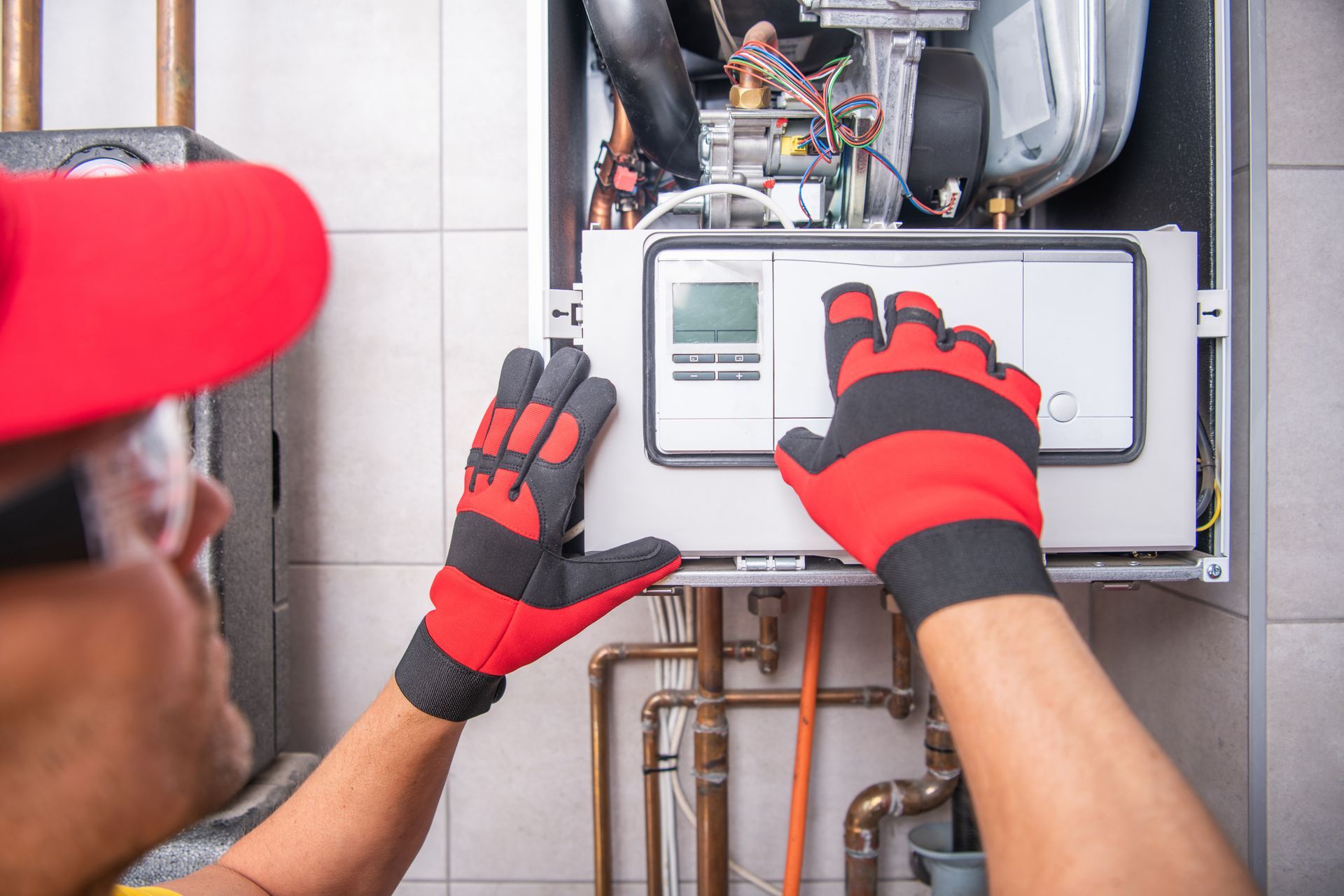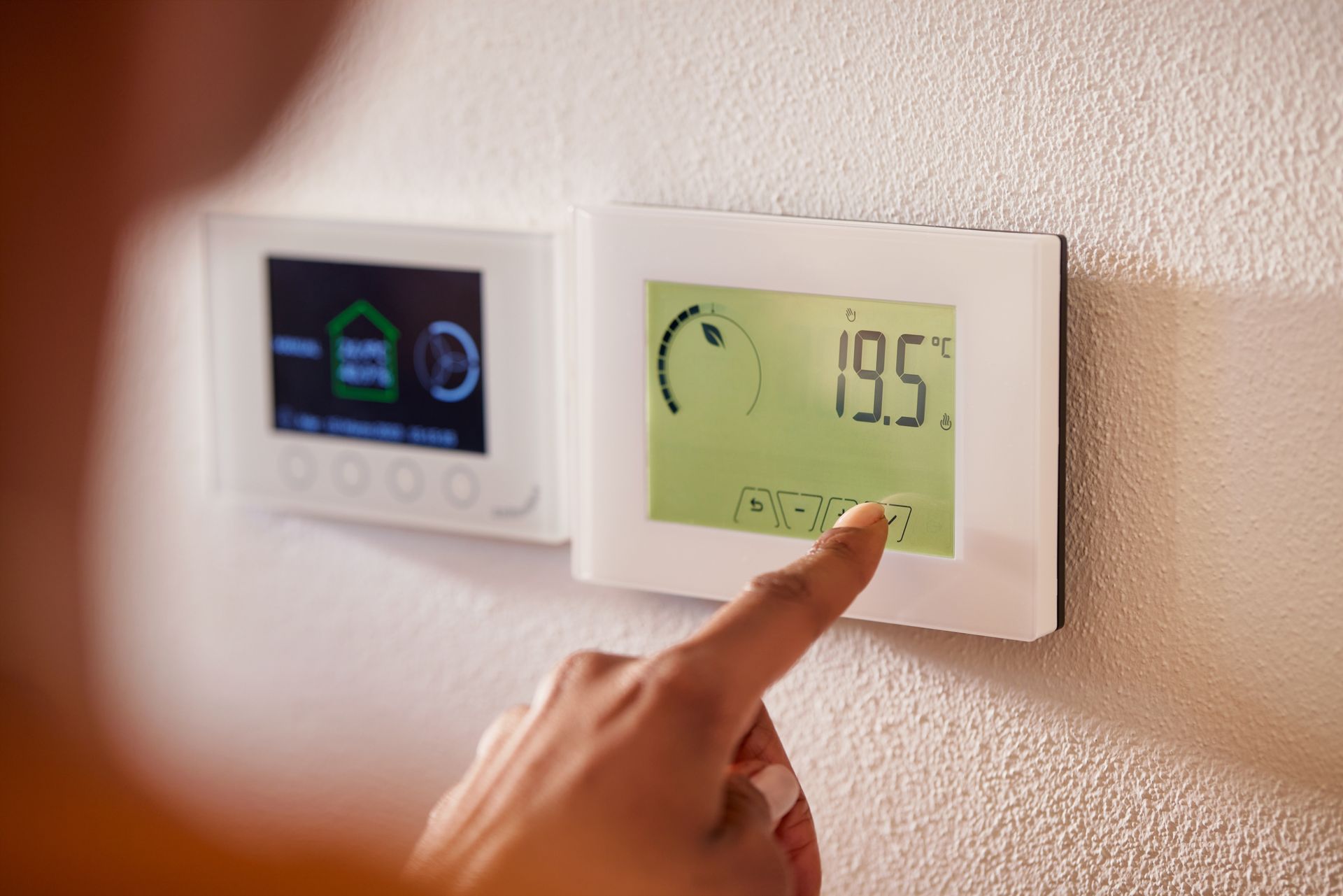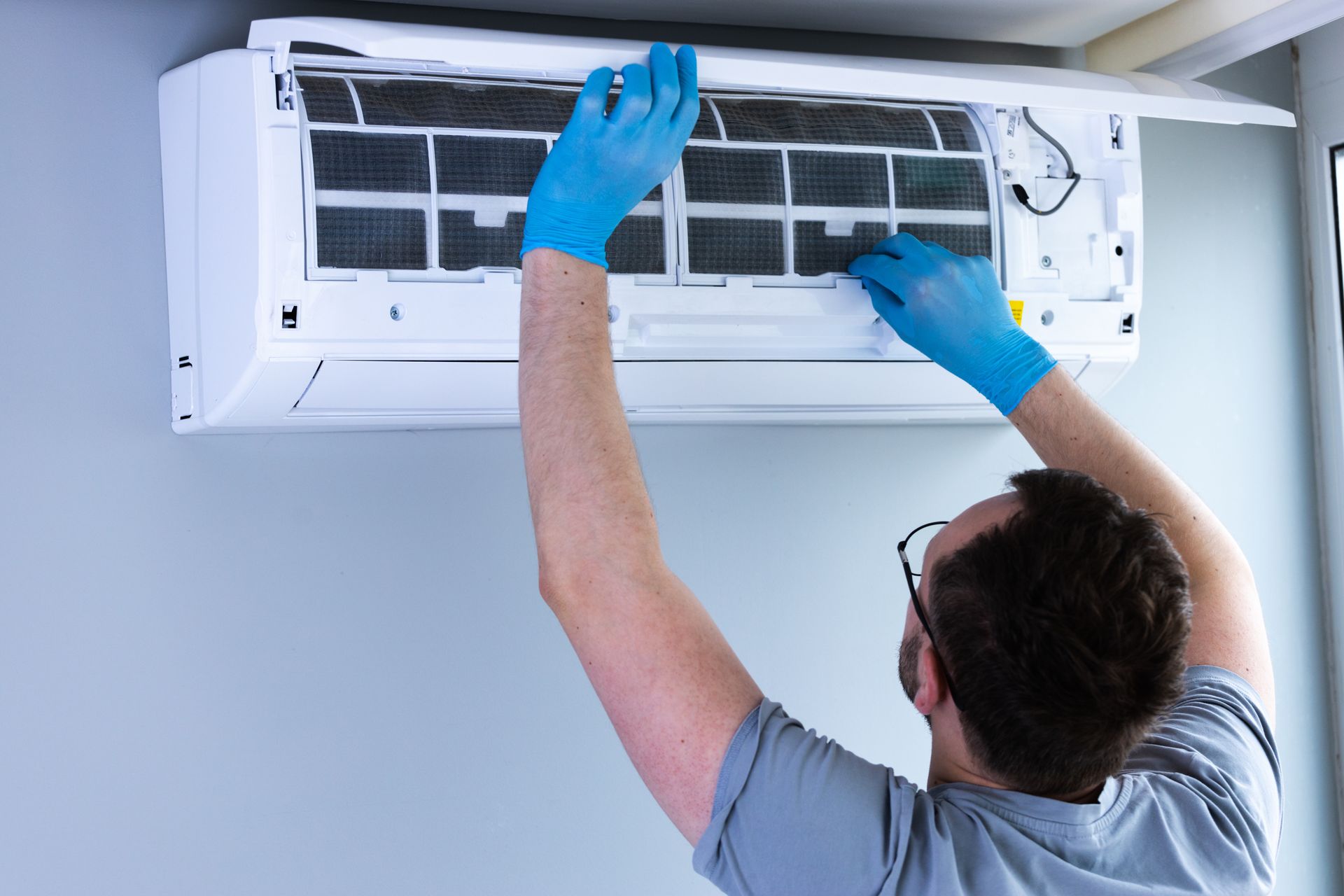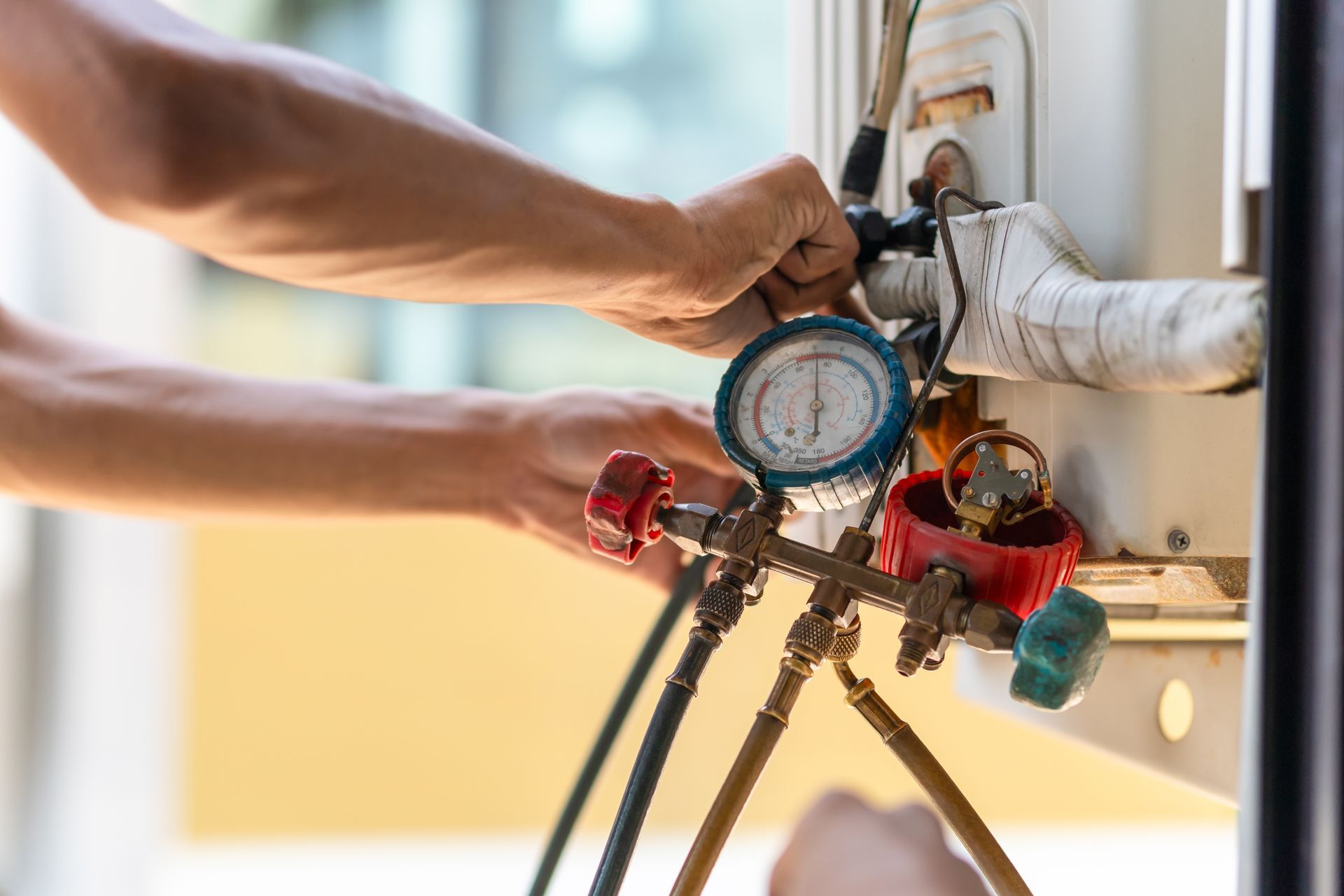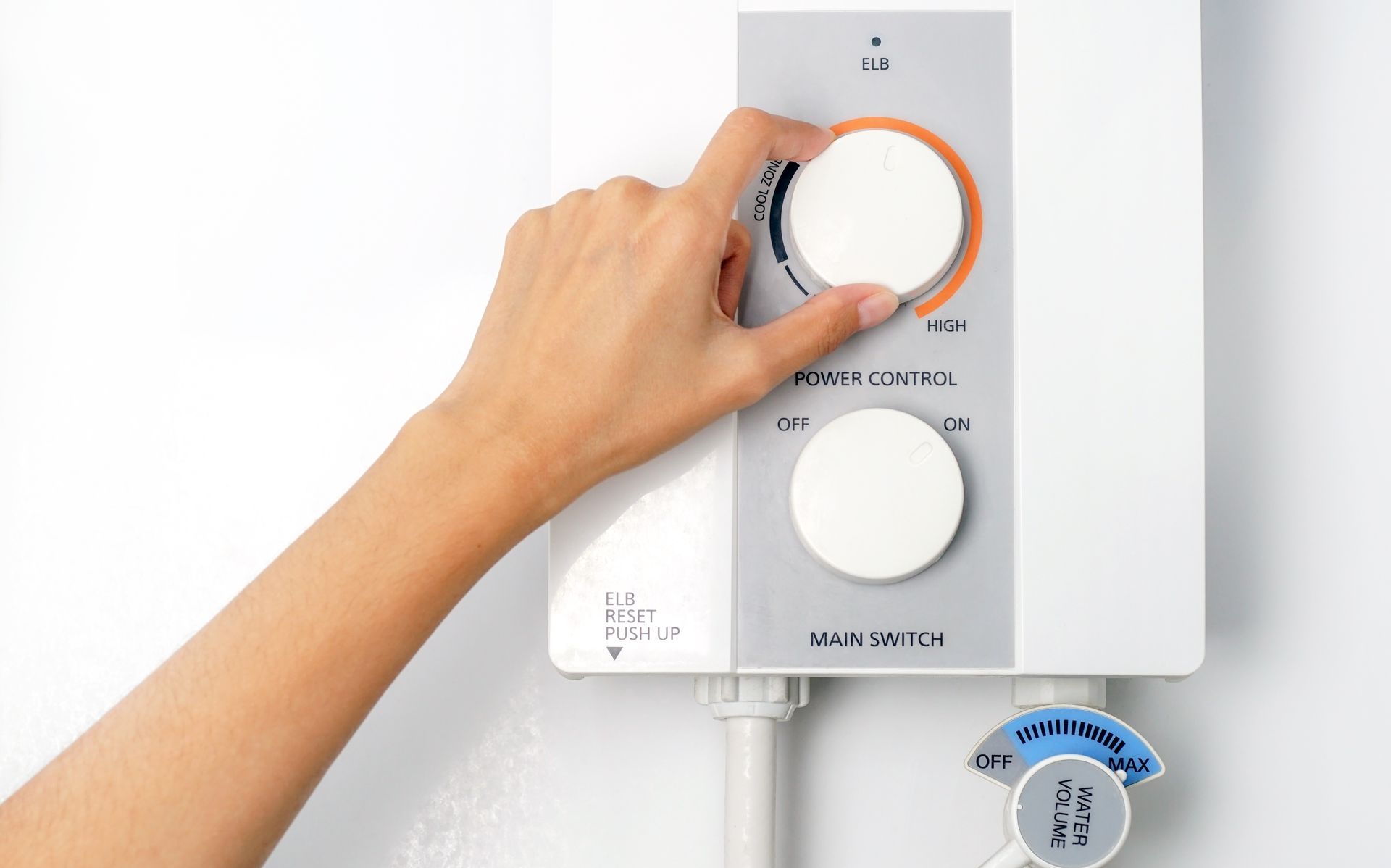Heat Pumps for Commercial Buildings: Are They Worth It?
In the bustling regions of Richmond Hill and surrounding areas in Ontario, businesses are constantly seeking efficient and cost-effective solutions to maintain optimal indoor climates. One of the most promising options in recent years has been the adoption of heat pumps. But are they truly worth the investment for commercial buildings? In this comprehensive guide, we’ll explore the benefits, considerations, and potential challenges of implementing heat pumps in commercial settings.
Understanding Heat Pumps: A Brief Overview
Before diving into the specifics, it’s essential to understand what heat pumps are and how they function. Essentially, heat pumps transfer thermal energy from one place to another using refrigerant, providing both heating and cooling capabilities. Unlike traditional HVAC systems, heat pumps do not generate heat; instead, they move heat, making them more energy-efficient.
Advantages of Heat Pumps for Commercial Buildings
1. Energy Efficiency and Cost Savings
Heat pumps are renowned for their energy efficiency. By transferring heat rather than generating it, they consume significantly less energy compared to conventional heating systems. This efficiency translates into lower utility bills, providing substantial cost savings for businesses in the long term.
2. Versatility and Year-Round Comfort
Heat pumps offer both heating and cooling functions, eliminating the need for separate systems. This versatility ensures that commercial spaces remain comfortable throughout the year, regardless of seasonal changes.
3. Environmental Benefits
With a growing emphasis on sustainability, businesses are increasingly adopting eco-friendly practices. Heat pumps contribute to this goal by reducing greenhouse gas emissions and reliance on fossil fuels, aligning with environmental initiatives and enhancing corporate social responsibility.
4. Reduced Maintenance Requirements
Compared to traditional systems, heat pumps require less maintenance, reducing downtime and associated costs. This reliability ensures that businesses can operate smoothly without frequent interruptions.
5. Improved Indoor Air Quality
Heat pumps help maintain balanced humidity levels and filter out pollutants, contributing to healthier indoor environments. This improvement in air quality can enhance employee well-being and productivity.
Considerations Before Installing Heat Pumps
1. Initial Investment Costs
While heat pumps offer long-term savings, the initial installation cost can be higher than traditional systems. Businesses need to assess their budget and consider financing options to make the transition feasible.
2. Building Suitability
Not all commercial buildings are ideal candidates for heat pumps. Factors such as building size, existing infrastructure, and insulation levels can impact the system’s efficiency. Conducting a thorough assessment with a professional HVAC contractor is crucial.
3. Climate Considerations
In regions with extreme temperatures, supplementary heating or cooling may be necessary. Businesses should evaluate the local climate and consult with experts to determine the best configuration for their needs.
4. System Sizing and Design
Proper sizing and design are critical for optimal performance. An undersized system may struggle to meet demands, while an oversized system can lead to inefficiencies. Engaging experienced technicians for accurate assessments is essential.
Challenges and Solutions in Implementing Heat Pumps
1. Integration with Existing Systems
For businesses with existing HVAC systems, integrating heat pumps can be challenging. However, with professional guidance, seamless integration is achievable, allowing businesses to benefit from both systems.
2. Regulatory Compliance
Navigating local regulations and compliance requirements can be complex. Partnering with knowledgeable HVAC contractors ensures adherence to all necessary standards and permits.
3. Employee Training and Adaptation
Transitioning to a new system may require employee training to ensure proper usage and maintenance. Providing comprehensive training and support can facilitate a smooth adaptation process.
Case Studies: Success Stories in Richmond Hill
To illustrate the potential benefits, let’s explore a few case studies of businesses in Richmond Hill that have successfully implemented heat pumps:
- Retail Store Transformation
A local retail store transitioned to a heat pump system, resulting in a 30% reduction in energy costs. The improved climate control enhanced customer satisfaction and increased foot traffic.
- Office Building Efficiency
An office building in Richmond Hill installed heat pumps, achieving consistent indoor temperatures and improved air quality. Employee productivity and morale saw a noticeable boost, contributing to overall business success.
Embrace the Future of HVAC
For businesses in Richmond Hill and surrounding areas, heat pumps offer a compelling solution for efficient and sustainable climate control. While the initial investment may be higher, the long-term benefits in energy savings, environmental impact, and improved indoor comfort make them a worthwhile consideration.
Take the Next Step with Home Saving Inc.
Ready to explore the benefits of heat pumps for your commercial building? Contact Home Saving Inc. Heating & Cooling today! Our experienced technicians are here to guide you through every step, from assessment to installation and maintenance. Let us help you create a comfortable, efficient, and sustainable environment for your business. Reach out now and discover how we can transform your commercial space with cutting-edge HVAC solutions.
For more information or to schedule a consultation, visit our website or give us a call. Your journey to enhanced comfort and savings starts here!

